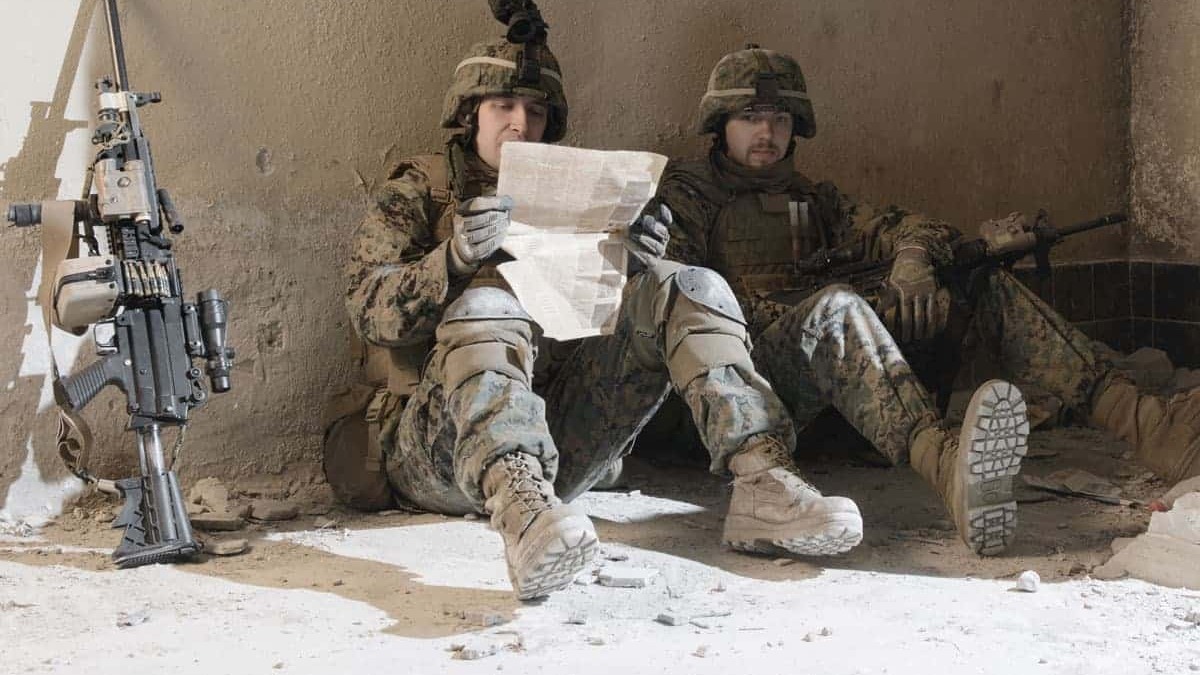
Understanding the Role of Civilians in War
In the tumultuous landscape of the Iraq War, a lesser-known group emerged as key players—the civilian contractors. As Keith Richard reflects in his gripping memoir, Sand, Grit and Dangerous Supply Missions, these individuals took on missions fraught with danger, showing immense courage and dedication. Often, their contributions were overshadowed by military narratives, yet their stories deserve recognition and respect.
The Personal Journey of a Logistics Leader
Keith Richard, with no military experience, found himself at the helm of a vast logistic operation, guiding unarmed civilians through dangerous territories. His journey from the calm of Mississippi to the chaos of military service highlights a critical aspect of modern warfare—civilians stepping into roles that were traditionally filled by military personnel. Richard's role involved overseeing a fleet of over 700 trucks, a task that tested his leadership under fire.
The High Stakes of Supply Missions
Richard’s memoir lays bare the harsh realities faced by civilian workers in combat zones. Each mission was a gamble, as they ventured into supply corridors known for their danger. The perils involved were significant, with civilian drivers facing gunfire and explosives as they transported vital supplies. Tragically, these missions often ended with loss, leading to investigations and lawsuits aimed at recognizing the sacrifices made by these civilians.
Recognizing the Unsung Heroes
“Civilians are the unsung heroes of the Iraq War,” Richard emphasizes, urging a need for acknowledgment from the government. Many civilians suffered injuries, mental health issues, or even death while supporting military operations. In a society that often prioritizes military achievements, it is crucial that we extend our reverence to the civilian heroes who stood shoulder to shoulder with soldiers.
Transitioning from Military to Civilian Life
Richard’s story serves as an inspiration for service members transitioning into civilian life. His experiences underscore the importance of leadership, adaptability, and emotional resilience—qualities that are just as essential in corporate environments as they are in military service. Many veterans can draw parallels between Richard's struggles and their own during their transition to civilian careers.
What We Can Learn From Richard's Experience
By sharing his journey, Richard reminds us that military service isn’t only about combat. It also entails logistics and support, domains where veterans can excel in civilian employment. Organizations such as AristaHire provide valuable resources for veterans navigating their next career steps, empowering them to capitalize on their military skills in the workforce.
A Call to Honor Military and Civilian Contributions
The discussions around military valor tend to spotlight soldiers, leaving civilians in the shadows. Yet, as Richard emphasizes, the narrative must change. By honoring both our military heroes and civilian contractors, we respect a broader spectrum of sacrifice and service. Let us strive to recognize those who have shown valor in all forms, understanding that courage exists in many different arenas.
As military families and veterans, recognizing the sacrifices made by all individuals involved in wartime efforts can foster a greater appreciation for the complexities of military life. How can we, as a community, ensure that every voice is heard and valued?
 Add Row
Add Row  Add
Add 




Write A Comment